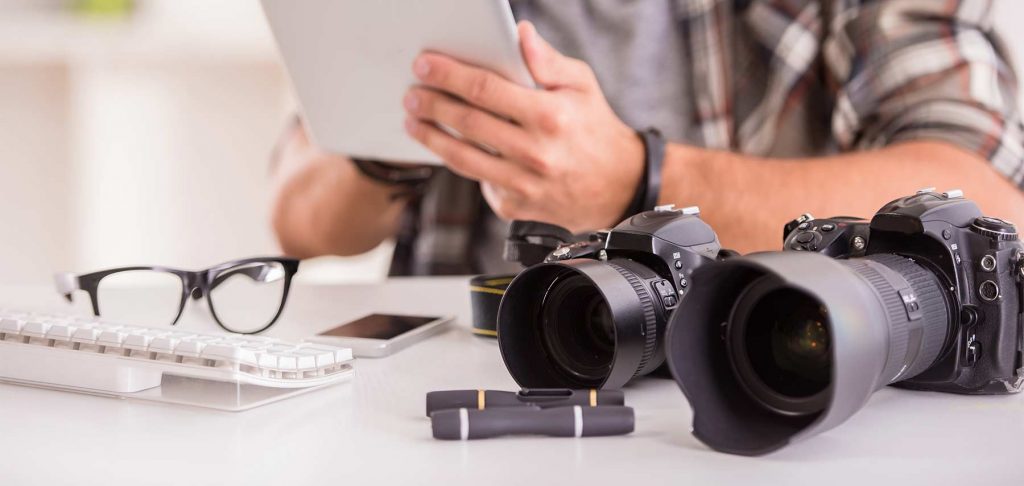The US 2nd Circuit Court of Appeals Reverses Lower Court Ruling in Copyright Case
Celebrity photographer Lynn Goldsmith won her copyright lawsuit against the Andy Warhol Foundation.
In the initial lawsuit filed in New York Federal Court, the court decided that Warhol made “fair use” of the picture. Goldsmith appealed the verdict, and the appeals court decided in the photographer’s favor. In their reversal of the lower court’s 2019 decision, the 2nd Circuit determined that Andy Warhol violated Goldsmith’s copyright to a photograph of Prince she took in 1981.
In 1981 Goldsmith did a photoshoot with Prince as part of an assignment for Newsweek. The photos were never published. In 1984, according to court documents, Vanity Fair licensed one of her portraits of Prince for artistic use for an illustration commissioned by Warhol.
Warhol went on to create 16 works based on the portrait. Goldsmith learned about them in 2016 when Vanity Fair re-published them after Prince’s untimely death. Vanity Fair did not credit Goldsmith.
The Andy Warhol Foundation struck first in this case, asking the court for a declaratory judgment stating that the “Prince Series” did not violate Goldsmith’s copyright.
Goldsmith then proceeded to file a countersuit against the foundation.
Appeals Court Overturns Verdict: Photographer Wins Copyright Case
The lower court’s ruling in favor of Warhol stated that the artist’s use of the portrait was fair use. Goldsmith disagreed, arguing that Warhol’s creations did not transform the original.
In the earlier verdict, the judge found the Warhol images were fair use because they transformed a “vulnerable, uncomfortable person” in Goldsmith’s original photograph into “an iconic, larger-than-life figure.”
The lower court based its decision in part on a previous 2nd circuit court case in which the court ruled in favor of “appropriation artist” Richard Prince. In that case, the artist altered photos from a book by Patrick Cariou. Cariou sued the artist for copyright infringement and lost. Cariou appealed the verdicts, but the parties settled out of court.
The circuit court acknowledged that case but stated that “It does not follow, however, that any secondary work that adds a new aesthetic or new expression to its source material is necessarily transformative.” The court determined that the “Prince Series” was likely derivative instead, and therefore, violated Goldsmith’s copyright. The court added that Goldsmith’s photo of Prince and Warhol’s works serve the same function: portraits of the singer.
The Warhol Foundation plans to continue the appeals process. In the meantime, Goldsmith is grateful for the victory. “I fought this suit to protect not only my own rights, but the rights of all photographers and visual artists to make a living by licensing their creative work-and also to decide when, how, and even whether to exploit their creative works or license others to do so.”
Photographers Call our Copyright Infringement Lawyers Today
At Sanders Law Group, our lawyers represent photographers around the globe and other creative artists when people violate their copyrights.
We dedicate our practice to ensuring photographers receive compensation for their hard work and enforce their rights when they don’t.
Call Sanders Law Group, at 888-348-3090 for a free copyright infringement



